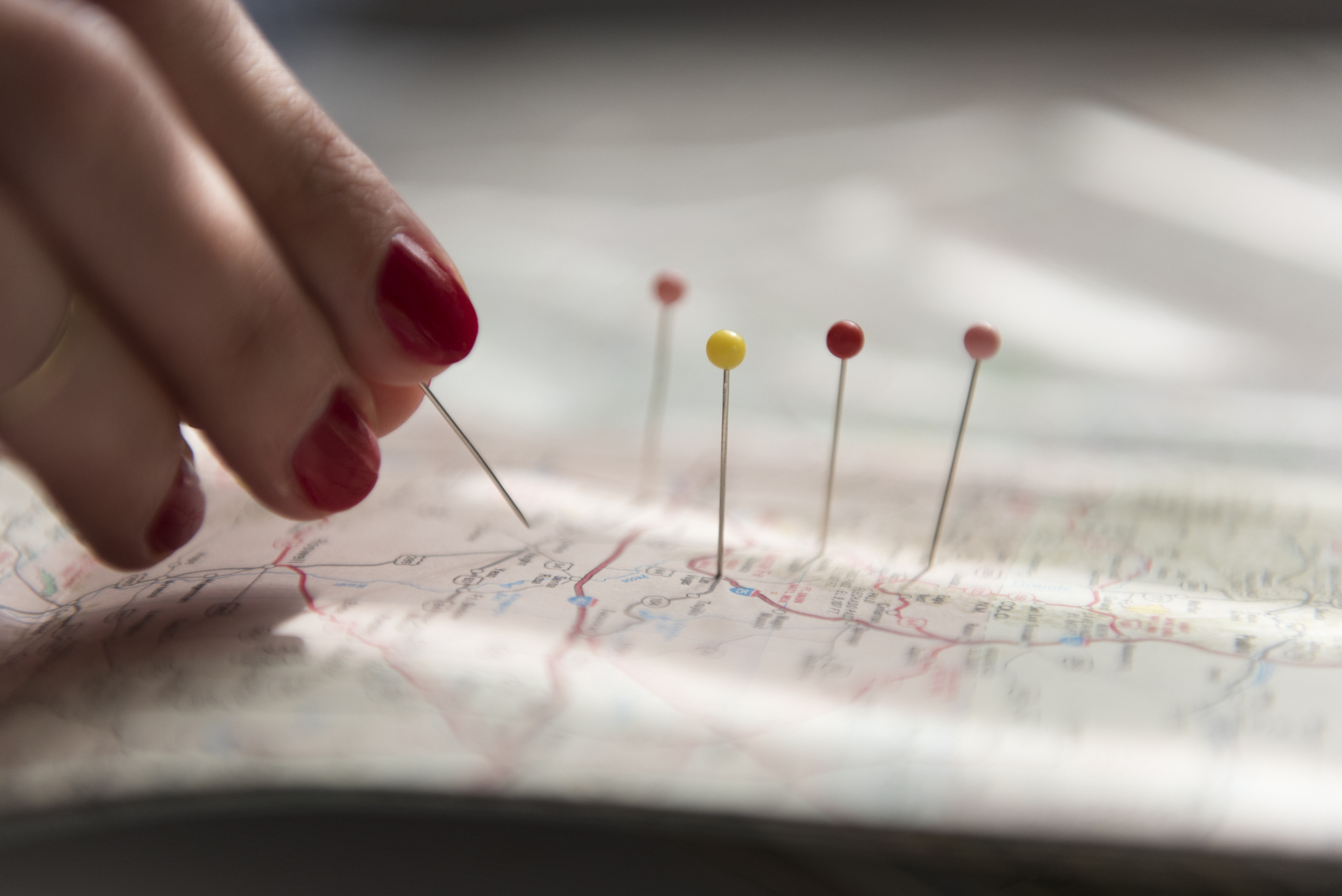When you’re working hard, facing deadlines, and trying to hit the bottom of your inbox, making time for a casual walk outside often isn’t your first impulse. Stressful days can happen all the time, and that stress can hold you back from working optimally and productively. According to Shane O’Mara, DPhil, a neuroscientist who studies the connection between brain systems and cognitive function, that afternoon walk may be exactly what you need to get back on track.
“Our sensory systems work at their best when they’re moving about the world,” O’Mara explains in a new piece in The Guardian. “The brain systems that support learning, memory, and cognition are the same ones that are very badly affected by stress and depression… And by a quirk of evolution, these brain systems also support functions such as cognitive mapping.”
Think of a “cognitive map” as your mind’s internal GPS — it refers to the place in your brain that processes and stores all of the relative locations and events that you encounter within your environment. The proactive experience of “cognitive mapping,” O’Mara explains, is about creating pathways that get marked in your hippocampus and prompt new cells to fire. Those cells begin to fire when you move — so if your stress is taking a toll on your work and your mood, going on a walk can help counteract some of those debilitating effects. Here are a few simple ways to incorporate cognitive mapping into your workday:
Take a mindful lunch break
Most American workers don’t leave the office for a real lunch break, but doing so can create a natural pause point in your day to get some air and collect your thoughts. Whether you’d rather stop by a local lunch spot or bring a meal from home and eat it in a nearby park, making a conscious effort to walk somewhere new is the exact point of cognitive mapping — and your lunch break is the perfect opportunity to proactively build that break into your day. You’ll likely find that when you return to your desk, you’ll feel refreshed and ready to dive back in.
Try a walking meeting
Suggesting a walking meeting to a co-worker can be a great way to incorporate cognitive mapping into your day when you have a lot on your plate. O’Mara says your cognitive map can be seen as a “silent sense” that is largely constructed without awareness, so cultivating it during a walking meeting can help you relieve stress while staying productive. Research has shown that walking has long-term positive effects on our physical health, but walking meetings can also help strengthen relationships with colleagues, and foster creativity (Steve Jobs was a big proponent of walking meetings throughout his career).
Designate one day as your walking day
If you commute to work by car or train — or you simply live in a place that’s not conducive to a lot of walking — try selecting one day per week as your walking day, where you go out of your way to get some fresh air and build your cognitive map. Perhaps that means walking to get groceries when you’d normally drive, or just parking your car farther away from your office in the lot. Either way, designating one specific day each week where you go out of your way to walk more can help you carve out time for cognitive mapping, and provide you with a designated day to refresh your mind during a busy workweek.
Follow us here and subscribe here for all the latest news on how you can keep Thriving.
Stay up to date or catch-up on all our podcasts with Arianna Huffington here.


